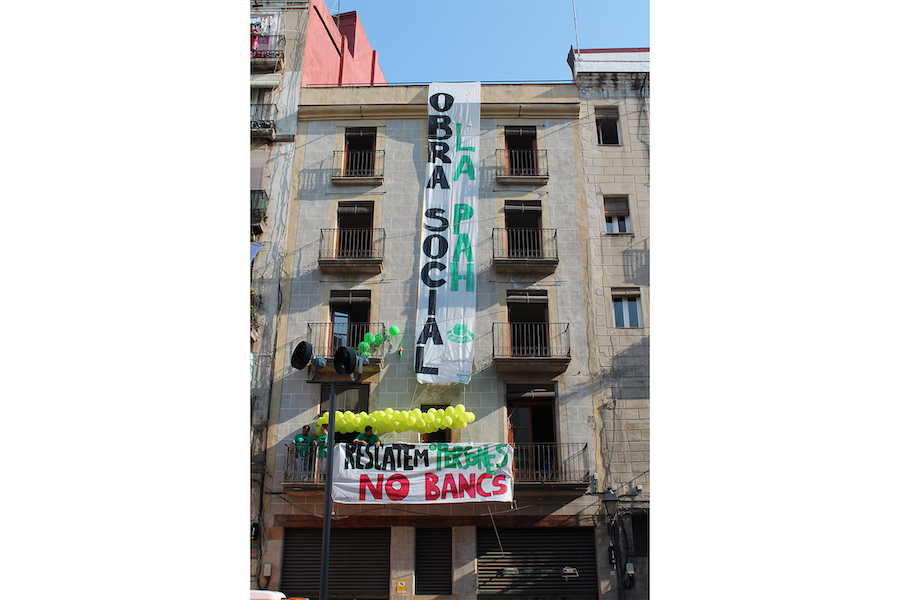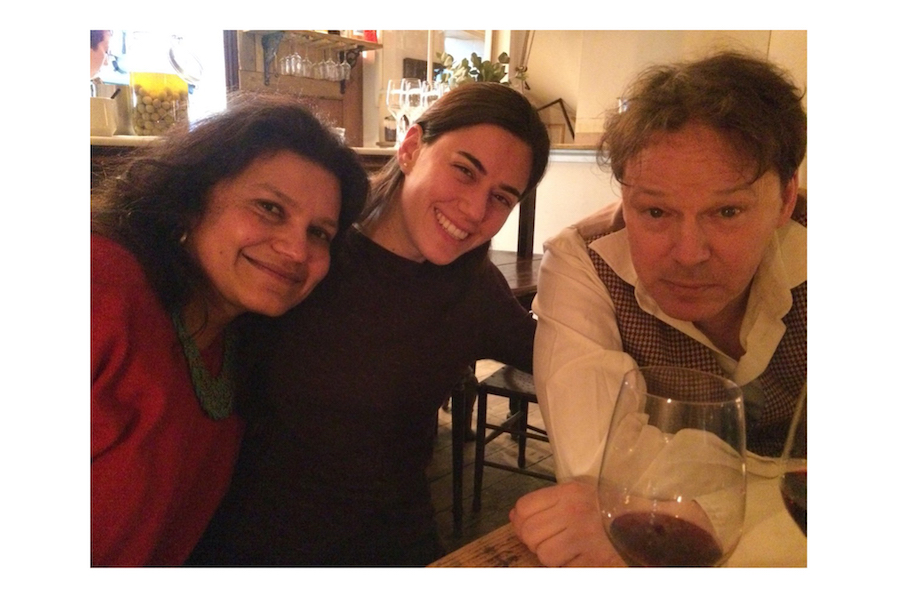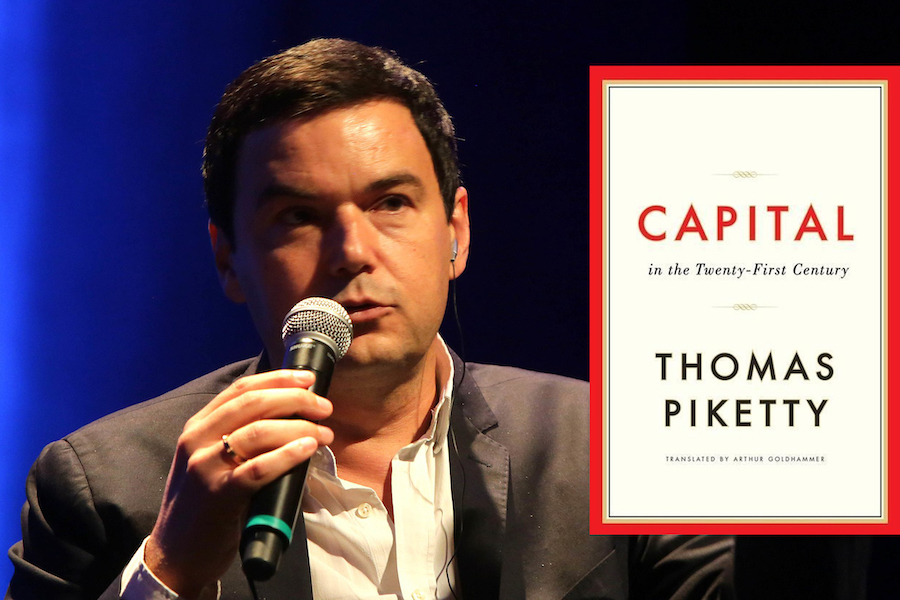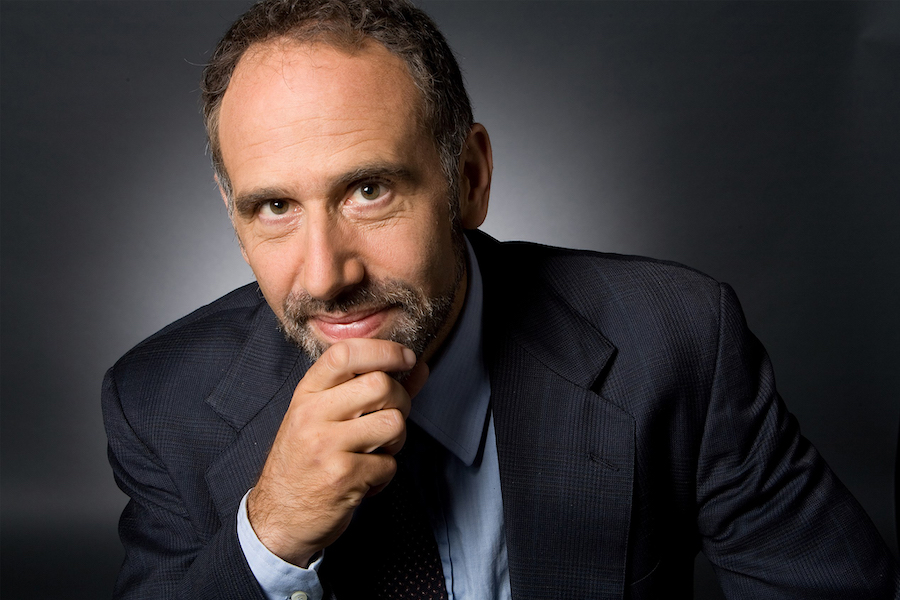Let me begin by saying “this is a thought experiment”; a phrase David often used, and I find useful.
In this talk I’d like to propose an approach to Debt: The First 5,000 Years (Graeber 2011) that connects the book to David’s earlier work on Fragments of an Anarchist Anthropology (Graeber 2004) and his latest work—with David Wengrow—on The Dawn of Everything (Graeber & Wengrow 2021). I think there are many different readings of the book on debt. My own reading of David’s work is in light of ten years of ethnographic research with Latin-American migrants in Spain, who became involved in the country’s largest movement for the right to housing—the Platform for People Affected by Mortgages—or La PAH for its short Spanish acronym (Suarez 2017, 2020). My research focuses on the relationship between political mobilization, mortgage debt, and transnational migration.
My interlocutors were being foreclosed and evicted from their homes, which were bought during the housing bubble. On average they owed over 250,000 euros. They joined La PAH in despair and out of guilt for not paying their debts. The movement helped them transform their guilt into outrage by shifting the grand narrative from individual failure into a counter-narrative on massive financial fraud.
In what follows I engage with David’s concepts of debt and freedom, as I try to illuminate some of the challenges I ran into while theorizing what debt meant to my interlocutors and fellow activists.
It was January 11th, 2012. I had just returned to London from a preliminary field visit to Barcelona. David was on leave that year and in New York but was on a short visit to London. His mind, however, was still in New York, where he had inspired and was collaborating with the Occupy movement. As we ate delicious Thai food, one of his favorite activities, David detailed his time with Occupy. Meanwhile, I was trying to get a word in to figure out my own research.
In between dishes of prawn panang, charcoal duck, lots of white rice, and Thai iced tea, David turned around and said: “What’s interesting here is not only why has debt become the focus of this movement, but why it has been so effective. It’s notorious that debt is very hard to organize around. We keep talking about debt strikes, debt this, debtors that… and everybody keeps trying to come up with a formula but it’s incredibly difficult. Part of the reason why is because this sort of old morality is very hard to, like, convince people it’s not their fault … What’s interesting here is you have a really effective broad grassroots movement focusing on [debt]. You could ask: why debt becomes a focus and why it’s worked in a certain way?” (In discussion with the author, January 2012). The question is: in what way?
So, let me begin with Fragments and its relation to Debt. In Fragments, David describes several “invisible spaces” where direct forms of democracy are already taking place. To him, it is in these spaces that “the potential for insurrection, and the extraordinary social creativity that seems to emerge out of nowhere in revolutionary moments actually comes” (Graeber 2004, 34). In Debt, on the other hand, David defines the principle of communism as “the foundation of all human sociability” (2011, 96). Communism implies spaces free of debt in which all people can contribute to a common project given the abilities they already have. Unlike hierarchy, communism is not based on relationships of precedent or status, but of cooperation. And, unlike exchange, communism does not intend to end relationships by paying back what is owed, but rather builds a sociality in which one aspires to live in. Communism would then be the moral principle of economic life operating at the heart of the “invisible spaces” suggested by David in his anarchist anthropology.
Now I want to give you an ethnographic vignette to analyze how this moral principle organized the everyday realities lived by Latin American migrants to complicate David’s theorizing.
Hector was forty-eight at the time of our interview and his family was able to get what many families desired at La PAH: cancelling their mortgage debt after being foreclosed. In Spain, mortgage law dictates that a mortgaged home is not the sole collateral to a debt. A bank can collect on any remaining debt after the house is auctioned. The predatory nature of this law translated into debts in the hundreds of thousands for my interlocutors after having lost the property. So, full cancelation of a mortgage debt felt, indeed, like a “victory”—as Hector put it. Oddly then, most Latin-American migrants end up celebrating losing their house to the bank in exchange for a full debt cancellation. However, Hector came to another realization right at the same time: he and his family had no place to live. His wife’s monthly income of 600 euros could not pay for a place to rent, not if they wanted to pay the bills and have enough to live. They were left with one option: La PAH’s Obra Social, a project based on the re-occupation of buildings belonging to banks rescued with public funds and which sat empty for years. The idea was to relocate families like Hector’s. The name of La PAH’s project is a play on words. Every large bank in Spain has an ‘Obra Social’, a philanthropic entity supporting cultural events or alleviating social problems. In Catalonia for instance, they often funded Catalan language promotion or similar social events. La PAH thought it would establish its own strategy for solving real social problems by occupying empty buildings and using them for what they saw as its intended purpose: to house people.

La PAH’s Housing Reoccupation project for evicted families was criticized by both the left and the right. For leftist and long-term squatters, it was not radical enough because the strategy was not a permanent reappropriation. For conservatives, occupation was a crime and a threat to private property. For my interlocutors, it was a respite but not an optimal solution. Hector’s family is just one example. There were a significant number of single-mothers and their children, unemployed or in low-paid jobs, which constituted the greater portion of subprime mortgages in Spain (and other places like the US). When I interviewed Hector and his family, they had been living in the occupied building for four months. The experience had been very difficult for them, and they hoped to buy an apartment again in the future. Hector was just one case among many people for whom homeownership was still the preferred housing option and a marker of success.
Why did my interlocutors want to own a house or an apartment rather than occupying one or even renting it? To answer this question, I’d like to connect Debt with The Dawn of Everything. One of David’s most important invitations in Debt is to move away from an omnipresent language of debt. Thinking with David means questioning why people narrate their lives in the idiom of debt and examining whether and how an alternative approach is even possible. David goes to extraordinary lengths to illuminate the very mechanisms that prevent us from living without debt. The biggest endeavor of this book—to my mind—is showing us a path to freedom, real freedom we can already access if we choose to recognize that many “big theories” are in fact forms of reproducing a ruling class or the legitimacy of the state. David knew wholeheartedly that anthropology is uniquely well placed to document these sites of moral and monetary indebtedness.
In The Dawn of Everything, David along with David Wengrow, characterize freedom as the potential for doing things otherwise (something they see taking three primary forms). First, freedom to move or relocate, the idea of being free to leave a place in the face of danger or otherwise. Then, freedom to refuse orders or how not to be bound by hierarchy. Finally, freedom to shape new social realities by choosing what is at the center of our existence. I’m interested in following here the first freedom, freedom of movement, as it is key in understanding why Latin-American migrants became indebted in the first place and why they would consider doing it again today. There are two key moments in Latin Americans’ migratory journey in which debt is essential for moving. First, when they decide to travel (irregularly) to Spain. The trip required anything between 4,000 and 5,000 US dollars which were almost invariably a debt acquired in their countries of origin to move to Spain. The second moment is buying a mortgaged property. To bring their families from Latin America to Spain, migrants needed to show adequate proof of housing, buying a home was the fastest route to reunifying with their loved ones, mainly moving children from Latin America to Spain. Let me illustrate this with another ethnographic vignette.
“The thing is I didn’t even want to buy a flat, I was trying to rent one,” said Juan. He had been trying to rent a flat in order to bring his wife, Paulina, and their three children from Ecuador to Spain under a family reunification scheme. They had been apart for nearly two years. It was his reunification application that pushed him to look for a new place to live since he needed to demonstrate to immigration services proof of suitable accommodations for his family in Spain. Like many other migrants, Juan was aware that it was not possible to accommodate family life in small bedrooms that were often no more than lined, adjacent mattresses on the floor, or a few bunked beds in a room. Migrants’ usual shared rentals were legally (and physically) inadequate for bringing families to Spain.
Juan wanted to rent a flat because he thought he would not qualify for a mortgage loan. To him, private property was a superior form of housing. But in addition, he was aware of the ease private property meant when faced with Spanish immigration services. Each autonomous community has its own process of showing proof of adequate housing. In Catalonia, the regional government, through its Department of Family and Social Wellbeing, was responsible for providing a report asserting the quality of housing. According to Juan, if one had a rental agreement, the Department sent someone to check your home to know that it was indeed as you described, that no other people lived with you, and that you were able to house others—particularly children. However, as Juan explained, if one had proof of property, they never sent anybody to check anything at all.
Reading David’s three books together allows me to reflect upon this double-bind of debt as the absence of freedom and its condition of possibility. I want to circle back to David’s initial question: why was this movement so effective in organizing around debt? As an activist of La PAH but also as an anthropologist, I believe the movement was effective because it stuck with the problem of debt. It never tried to solve it but showed when it became excessive and violent. The basic requirements that the movement has long advocated for include stopping home evictions without proper rehousing, making mortgaged properties the sole collateral to a loan, implementing rental caps, and increasing social housing availability.
Although the Spanish movement for the right to housing does not seek a debt jubilee, which David advocated for in his book, it offers us a space to politicize debt relations. David never dismissed the PAH as a bunch of reformists, which several leftist activists and scholars did and continue to do. David was more interested in how people organized around debt collectively than what people did with debt individually. It’s important to highlight that in over a decade, La PAH has gone from a small group of activists meeting weekly in 2009 to becoming the largest movement for the right to housing with over 220 nodes around Spain, and weekly assemblies that gather—to this day—thousands of individuals to discuss mortgage debt and political mobilization. La PAH is an effective intervention into a growing reality of financial predation, a movement that has learned to respond to injustice collectively, and a socially diverse space where ideological conceptualizations (of debt or occupation and others) can change.
La PAH is not an example of how David thought we should deal with debt, and yet David was always ready to learn from other people’s experiences and strategies. This was very much David. A self-absorbed but incredibly generous activist, mentor, scholar, and friend. While at Goldsmiths and the LSE, I often thought I had gone in for a supervision but came out knowing about Occupy, Rojava, or his friendship with Anton Newcombe—the lead singer from the Brian Jonestown Massacre. Yet, upon listening back to each one of our conversations – I recorded many – I found detailed guides for thinking differently about what I was working on. They didn’t seem terribly evident at the time because he was never telling me how to think. Rather, David was thinking with me based on his own ethnographic examples and political aspirations. This, I believe, is a perfect reflection of how he thought and wrote. He was never trying to tell people how to think but was inviting us into his own way of connecting seemingly disconnected phenomena, often going back several thousand years to do that.

I’d like to thank Jorge Núñez for thinking with me about many of the ideas advanced here, and Alpa Shah for the opportunity to engage with David’s legacy at a time when his ideas are greatly needed, and he is so dearly missed. To everyone here today thank you for choosing to do exactly what David said occurs in mourning and other acts of memorialization, these are an essential part of the labor of people-making. Let’s continue making our relationships to each other matter in ways that shape the futures we want to build. Thank you!
Maka Suarez is Assistant Professor in the Department of Anthropology at the University of Oslo, a fellow at the Institute for Advanced Study, Princeton, and a co-director of Kaleidos, Center for Interdisciplinary Ethnography at the University of Cuenca.
This text was presented at David Graeber LSE Tribute Seminar on ‘Debt’.
References
Graeber, David. 2004. Fragments of an Anarchist Anthropology. Chicago: Prickly Paradigm Press: Distributed by University of Chicago Press.
Graeber, David. 2011. Debt: The First 5,000 Years. New York: Melville House.
Graeber, David, and David Wengrow. 2021. The Dawn of Everything: A New History of Humanity. London, UK: Allen Lane an imprint of Penguin Books.
Suarez, Maka. 2017. “Debt Revolts: Ecuadorian Foreclosed Families at the PAH in Barcelona.” Dialectical Anthropology 41 (3): 263–77. https://doi.org/10.1007/s10624-017-9455-8.
Suarez, Maka. 2020. “‘The Best Investment of Your Life’: Mortgage Lending and Transnational Care among Ecuadorian Migrant Women in Barcelona.” Ethnos, February 1–19. https://doi.org/10.1080/00141844.2019.1687539
Cite as: Suarez, Maka. “Thinking about debt with David Graeber and La PAH.” FocaalBlog, 21 December. https://www.focaalblog.com/2021/12/21/maka-suarez-thinking-about-debt-with-david-graeber-and-la-pah/

